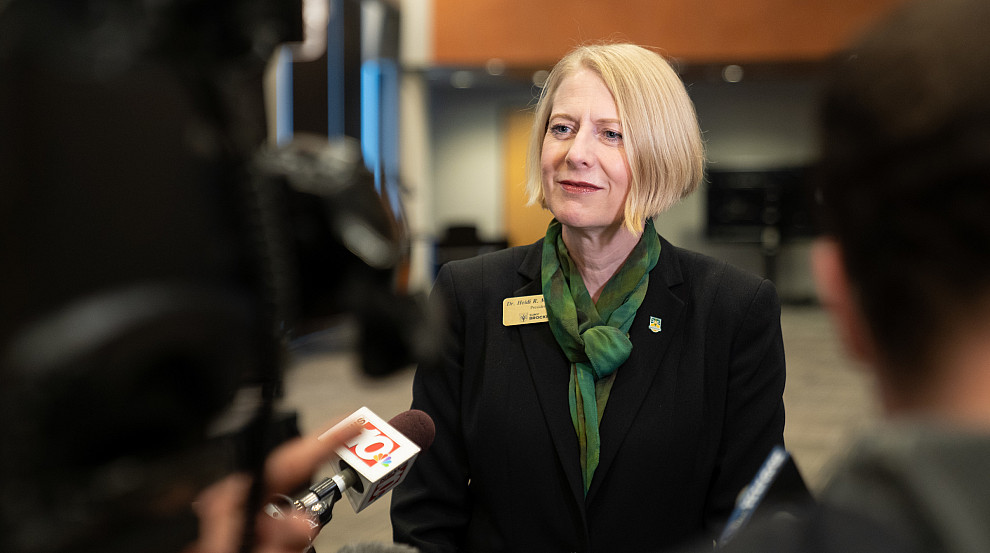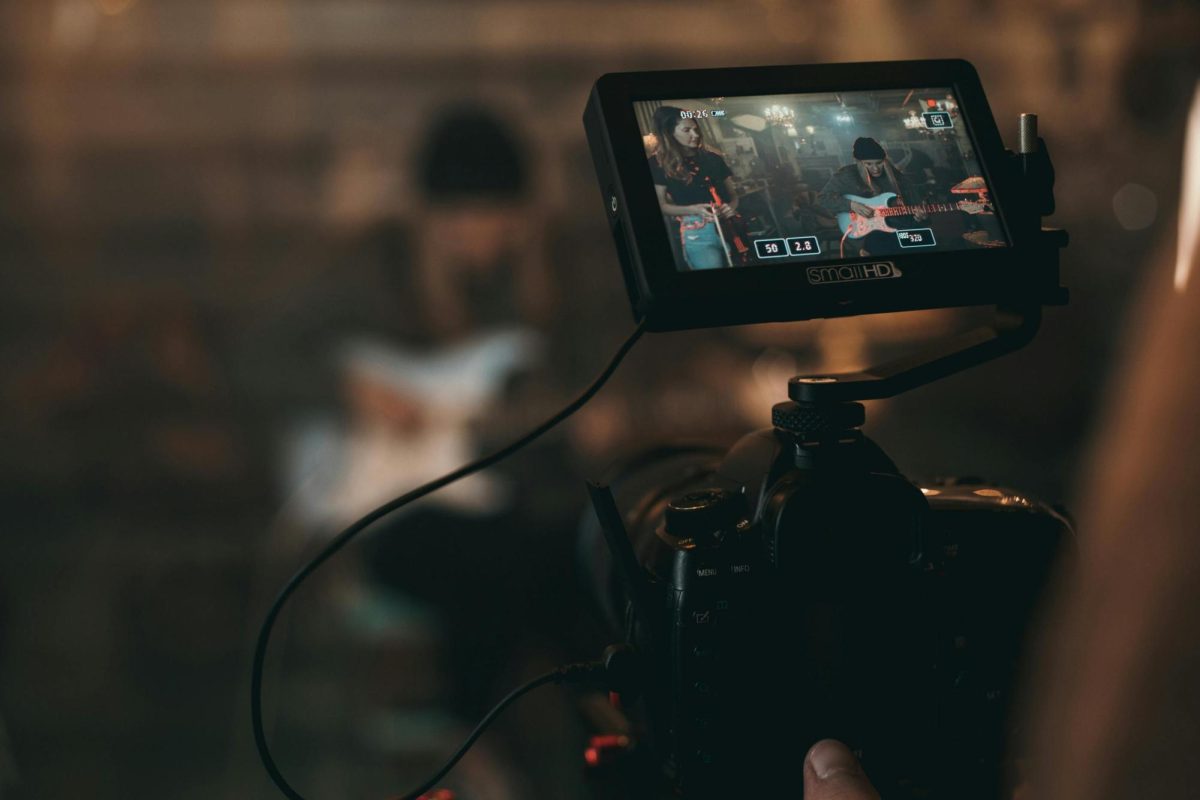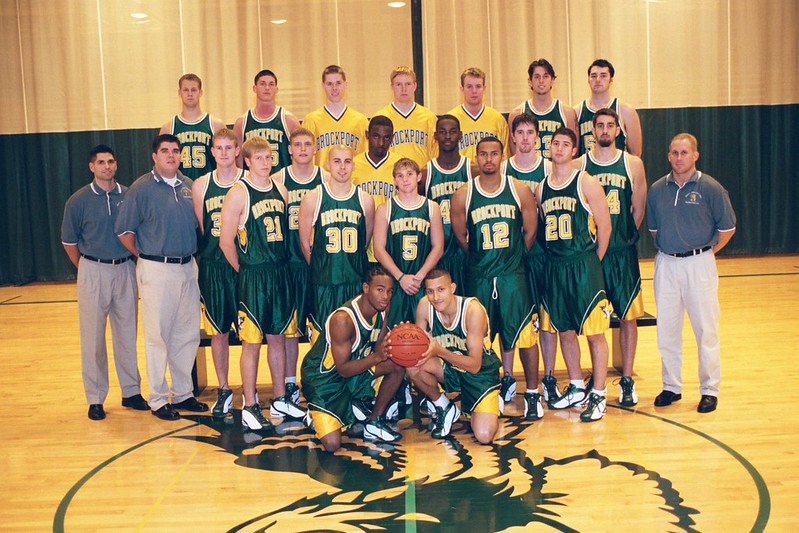As finals quickly approach, some students may be feeling anxious — so here’s a quick guide to manage that test anxiety and flourish during finals week.
Christine Izyk works at the Academic Success Center at SUNY Brockport in the tutoring department. She gave tips on how to manage and understand test anxiety, study properly for your exams and do the best you can with what you have.
Izyk says the first thing to overcoming test anxiety is to understand it and how it can present itself. Test anxiety can present itself in two ways — physically and cognitively. You may notice you’re panicking before or during the exam or you’re having negative thoughts that can send you down a rabbit hole. You might notice a shortness of breath, a rapid pulse, or sweating. If you experience any of this, don’t be alarmed. This is something that can be managed.
The first thing you can control is your mindset.
Once you start feeling anxious about a test, the first thing you should do is try and disrupt the panic. Izyk says you can use some sensory observations in order to ground yourself again. List five things you can see, four things you can touch, three things you can hear, two things you smell, and one thing you can taste. This will ground you and hopefully eased your anxiety a little bit.
Another tactic is to use timed breathing. You can focus on your breathing and try to get it under control by taking long deep breaths and focusing on each inhale and each exhale. Inhale, count to three, exhale, repeat. This can help re-center yourself and focus on your exam. Timed breathing can also help you if you are losing focus on the exam.
Using these methods to curb test anxiety are helpful, but the best thing you can do is be prepared for your exam.
Izyk offered some tips on how to study effectively for your exam.
First, she says it’s important to understand the purpose of the exam. Most people think an exam is to test how smart you are, but Izyk says it’s actually to measure your ability to demonstrate what you know. This little mindset switch may be useful going into an exam.
Studying for an exam shouldn’t be something that happens only the night before an exam. It’s a marathon, not a sprint. Izyk says studying over shorter, more frequent sessions rather than a few long ones is the best way to study. She says without reviewing what you learn within 48 hours, you forget at least 75% of that information. This is why it’s important study new material and old material frequently.
Repeated and periodic engagement is key to retaining information and being able to demonstrate what you learned.
Izyk says when you study frequently in short sessions you should be studying 75% of new material in order to understand and master the new concepts and 25% of old material to review and make connections with the new material. Creating a study schedule will help so you aren’t cramming for your final the night before — especially if it’s cumulative.
When you feel comfortable with your ability to demonstrate what you know, there are only a few more steps to help ace your final.
Since finals are all remote this year and in an online format, it’s important to be sure that you have the right technology access, test-taking environment, and idea of what the exam will be like.
If you don’t already know what the format of your exam will be, it can be helpful to reach out to your professor. This will eliminate the element of surprise when you start your exam. For example if it’s all short answer and you were expecting multiple choice you might feel unprepared and anxious. If you know what the exam will look like you can cater how you study to that format.
Before you begin your exam, you should make sure you have a stable internet connection, an updated browser, fully charged laptop or functioning computer, and a back-up plan in case something goes wrong. This way you won’t feel anxious in the event that something does go wrong like a faulty internet connection or a technology glitch.
While everyone performs better in different test-taking environments, having a quiet space that is free of distractions is recommended. Make sure your phone is silent, you have some scrap paper and pens or pencils, and a glass of water. Limiting distractions leads to increased focus.
If you follow these tactics and test-taking strategies, you should feel more at ease when starting your finals. If you have any other questions you can email [email protected] or call the Academic Success Center at (585) 395-2293.
Good luck!




























